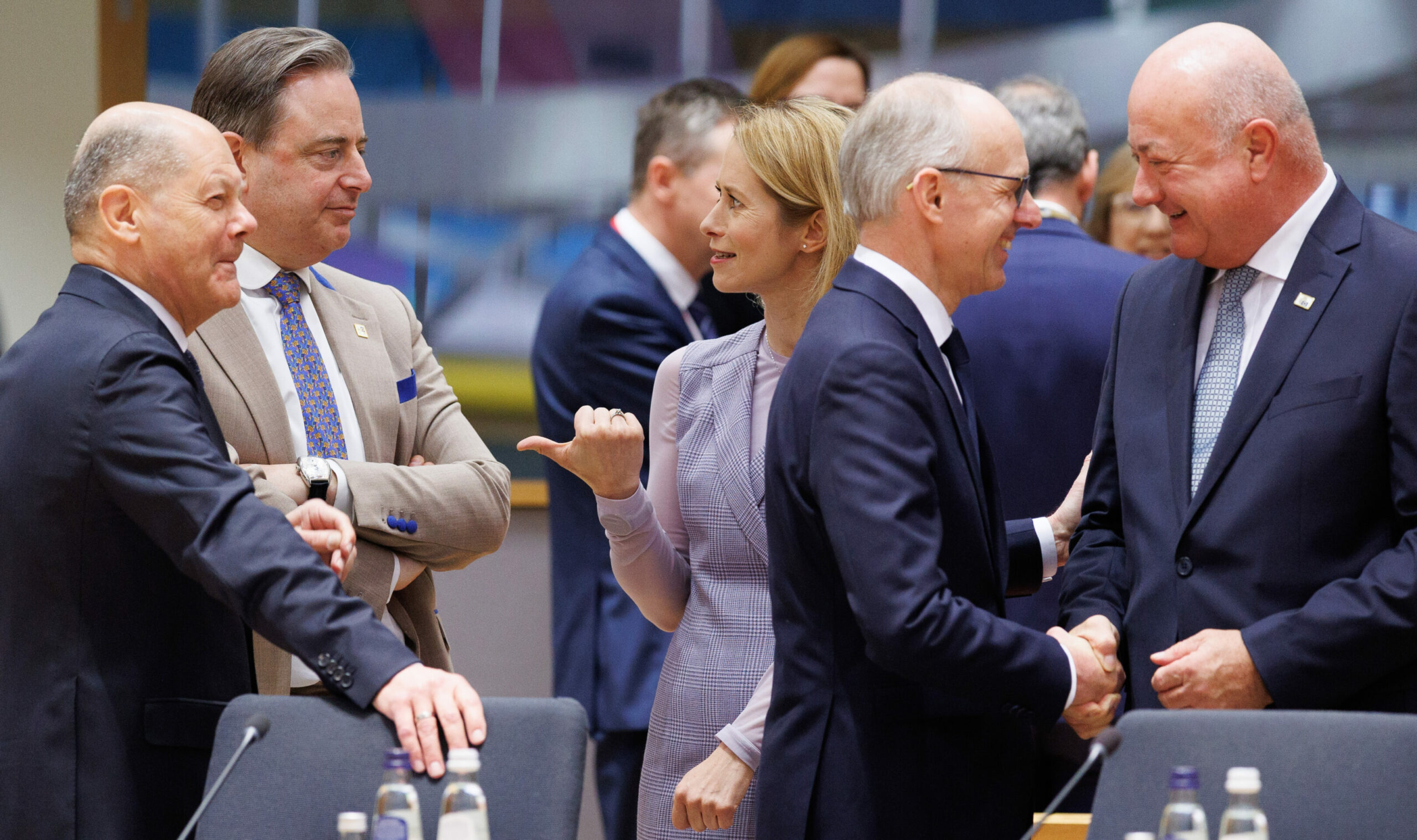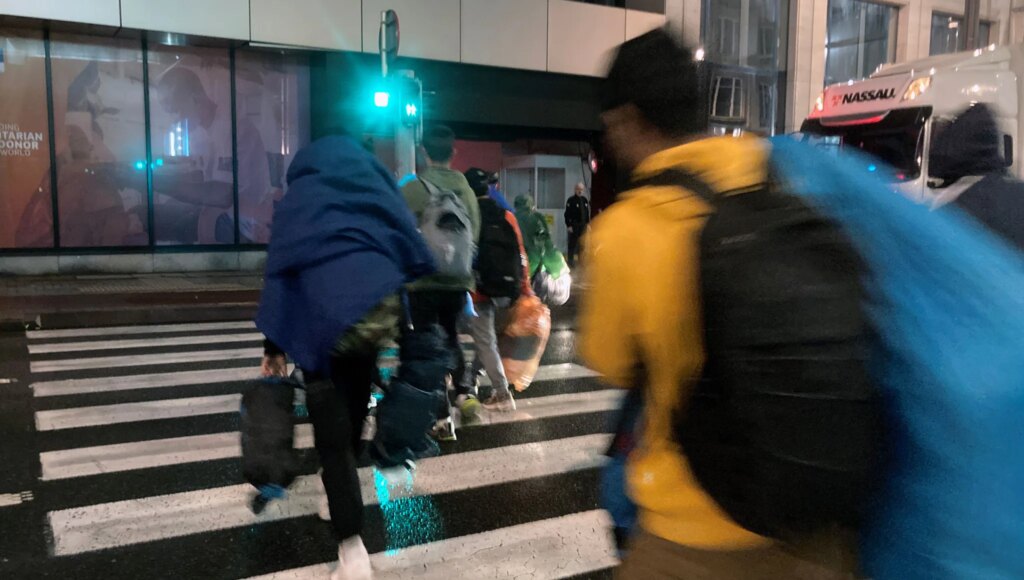The new Austrian government plans to end family reunification for refugees to "protect" itself from an influx of people, it announced on Wednesday. It is the first EU Member State to take this step.
The suspension will initially apply for six months but can be extended until May 2027.
A governmental decree will be published soon. "By May, in just a few weeks, this halt will become a reality," said Integration Minister Claudia Plakolm at the Council of Ministers in Vienna.
"We have reached the limits of our capacity to accommodate," she stated, as the government aims to protect health, employment and education systems.
According to the conservative minister, "the likelihood of successful integration decreases with each new arrival." The task is "titanic" as many refugees struggle to learn German, find jobs and secure school places.
Fortress Europe
This decision comes amid a tightening of migration policies in several EU Members, as far-right policies are increasingly influencing right-wing parties.
In Austria, the nationalist FPÖ party marked a historic victory in the parliamentary elections at the end of September. Although it failed to form a coalition, it remains the leading party in the polls.
Chancellor Christian Stocker, a conservative who has been in power since early March with the social democrats and liberals is determined to maintain a hardline stance.

Outgoing German Chancellor Olaf Scholz, Belgian Prime Minister Bart De Wever, High Representative of the Union for Foreign Affairs and Security Policy Kaja Kallas, Luxembourg Prime Minister Luc Frieden and Austrian Federal Chancellor Christian Stockerin Brussels on 20 March 2025. Credit: Belga / Benoit Doppagne
Austria experienced a surge in refugee arrivals during the 2015 migration crisis and noted a "significant increase" in the arrivals of family members of those granted asylum or subsidiary protection due to their home countries being deemed dangerous.
Austria has a population of 9.2 million. Almost 9,300 family members arrived in 2023 compared to 7,800 last year. The vast majority are from Syria and are already subject to a halt in applications in Austria (and Belgium) following the fall of President Bashar al-Assad in December 2024.
Several human rights organisations have criticised the government's decision regarding family reunification.
"There must be an emergency situation to justify stopping family reunification, which is not the case in Austria," spokesperson for the NGO Asylkoordination Österreich Lukas Gahleitner told AFP. The organisation plans to challenge the decision in court.

